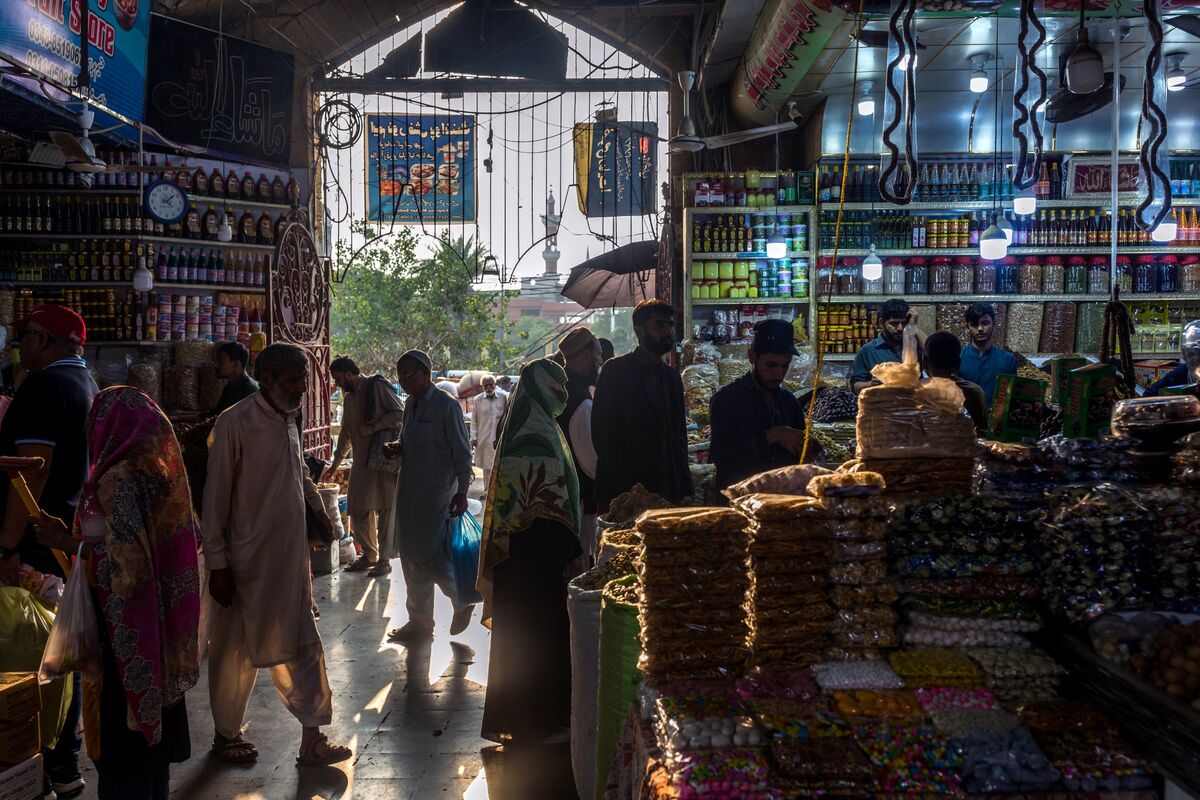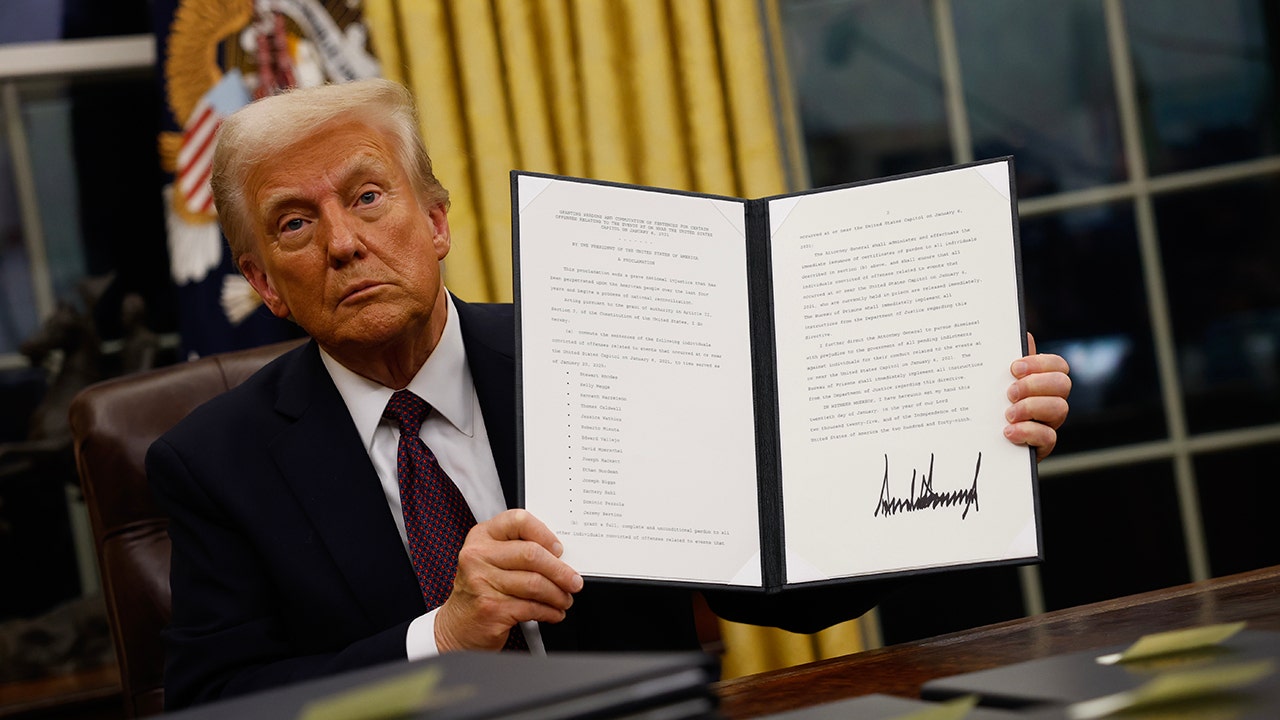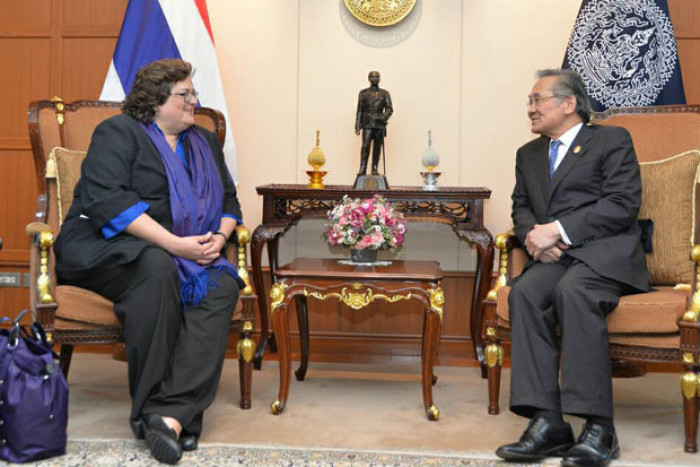Pakistan Awaits IMF Decision On Crucial $1.3 Billion Loan Amidst Regional Tensions

Table of Contents
The Urgency of the IMF Loan for Pakistan's Economy
Pakistan's economy is currently grappling with a multitude of challenges. High inflation is eroding purchasing power, dwindling foreign exchange reserves threaten import capabilities, and the risk of a sovereign debt default looms large. The $1.3 billion loan represents a crucial tranche within a larger IMF bailout package, designed to help stabilize the economy and prevent a complete collapse. The approval or denial of this loan will have immediate and significant consequences:
-
Impact on the Pakistani Rupee (PKR): Loan approval could potentially bolster the PKR, while rejection could send it into a freefall, further exacerbating inflation and import costs. The PKR's stability is intrinsically linked to the IMF's decision.
-
Effect on import capabilities and essential goods availability: With limited foreign exchange reserves, securing essential imports like food, fuel, and medicine becomes increasingly difficult. The IMF loan is vital for maintaining these crucial supply chains. A failure to secure the loan could lead to shortages and price hikes.
-
Potential for social unrest due to economic hardship: Rising prices and unemployment fueled by economic instability can lead to widespread social unrest and political instability. The IMF loan is viewed by many as a critical lifeline to prevent such a scenario.
-
Consequences for foreign investment and investor confidence: A failure to secure the IMF loan could severely damage investor confidence, deterring future foreign investment and hindering economic growth. International investors closely monitor the IMF's involvement as a key indicator of a country's economic stability.
The $1.3 billion tranche is not merely a standalone disbursement; it's a vital component in a larger strategy to restore macroeconomic stability and rebuild confidence in Pakistan's economy.
Geopolitical Factors Influencing the IMF Decision
The IMF's decision is not solely based on Pakistan's domestic economic situation. Regional geopolitical tensions significantly influence their assessment of Pakistan's ability to repay the loan and maintain long-term economic stability.
-
Relationship with neighboring countries and implications for regional stability: Pakistan's relationships with its neighbors, particularly India, directly impact the perception of its regional stability and, consequently, its creditworthiness. Tensions in the region can increase the perceived risk for the IMF.
-
Impact of global economic uncertainty and rising energy prices: The global economic climate, including rising energy prices, adds another layer of complexity. These external factors can further strain Pakistan's economy and affect its ability to meet the conditions set by the IMF.
-
Potential political instability within Pakistan itself: Internal political stability is crucial for implementing the necessary economic reforms. Any signs of significant political upheaval could raise concerns for the IMF about the loan's utilization and repayment.
While official statements from IMF officials directly linking geopolitical factors to the loan decision have been cautious, the impact of these regional and global events is undeniable and factored into their assessment.
Pakistan's Efforts to Secure the IMF Loan
Pakistan has undertaken significant efforts to meet the IMF's stringent requirements for loan disbursement. These efforts include:
-
Fiscal reforms and austerity measures: Pakistan has implemented fiscal reforms aimed at reducing the budget deficit, including cuts in government spending and tax reforms.
-
Structural reforms to improve governance and transparency: Significant efforts have been made to enhance governance, improve transparency, and combat corruption. These reforms are seen as crucial for ensuring that the loan is used effectively.
-
Monetary policy adjustments to control inflation: The State Bank of Pakistan has implemented monetary policy adjustments aimed at curbing inflation, which is a key concern for the IMF.
-
Engagement with other international lenders and bilateral partners: Pakistan has actively engaged with other international financial institutions and bilateral partners to secure additional funding and support. This demonstrates a commitment to addressing its economic challenges.
However, meeting these conditions poses significant challenges, particularly given the country's complex political and economic landscape. Balancing the immediate need for economic stability with the long-term requirements for sustainable growth is a delicate act.
The Role of International Pressure and Support
The IMF's decision is not made in isolation. International pressure and support from various countries and organizations play a significant role. Statements of support or concern from key players, such as the US and other G7 nations, can influence the IMF's assessment. Should the IMF loan be denied, Pakistan would need to explore alternative funding sources, potentially through bilateral agreements with friendly nations or other international financial institutions. The level of international support directly impacts Pakistan's negotiation leverage.
Conclusion
The IMF's decision on the $1.3 billion loan for Pakistan carries immense weight, impacting not only the nation's immediate economic stability but also its longer-term prospects amidst complex regional dynamics. The success or failure in securing this vital funding will profoundly shape Pakistan's future trajectory. Continued monitoring of the situation and understanding the interplay between domestic economic policies and international geopolitical factors is crucial to grasping the full implications of this critical decision. Stay informed about the latest developments regarding the Pakistan IMF loan and the potential impact on the nation's economy. Follow reputable news sources for updates on this crucial issue and understand the nuances of the Pakistan IMF loan negotiations.

Featured Posts
-
 1078 2025
May 09, 2025
1078 2025
May 09, 2025 -
 Champions League Clash Bayern Munich Vs Inter Milan Prediction And Analysis
May 09, 2025
Champions League Clash Bayern Munich Vs Inter Milan Prediction And Analysis
May 09, 2025 -
 Elon Musks Net Worth Falls Below 300 Billion Teslas Troubles And Tariff Impacts
May 09, 2025
Elon Musks Net Worth Falls Below 300 Billion Teslas Troubles And Tariff Impacts
May 09, 2025 -
 Middle Management Their Crucial Role In Organizational Effectiveness And Employee Development
May 09, 2025
Middle Management Their Crucial Role In Organizational Effectiveness And Employee Development
May 09, 2025 -
 Oilers Vs Sharks Nhl Game Expert Predictions And Betting Picks
May 09, 2025
Oilers Vs Sharks Nhl Game Expert Predictions And Betting Picks
May 09, 2025
Latest Posts
-
 News From The Bangkok Post The Push For Better Transgender Rights
May 10, 2025
News From The Bangkok Post The Push For Better Transgender Rights
May 10, 2025 -
 The Bangkok Post And The Ongoing Struggle For Transgender Equality
May 10, 2025
The Bangkok Post And The Ongoing Struggle For Transgender Equality
May 10, 2025 -
 The Impact Of Trumps Executive Orders On The Transgender Community A Call For Stories
May 10, 2025
The Impact Of Trumps Executive Orders On The Transgender Community A Call For Stories
May 10, 2025 -
 Examining Transgender Equality Issues Highlighted By The Bangkok Post
May 10, 2025
Examining Transgender Equality Issues Highlighted By The Bangkok Post
May 10, 2025 -
 The Bangkok Post And The Fight For Transgender Equality In Thailand
May 10, 2025
The Bangkok Post And The Fight For Transgender Equality In Thailand
May 10, 2025
